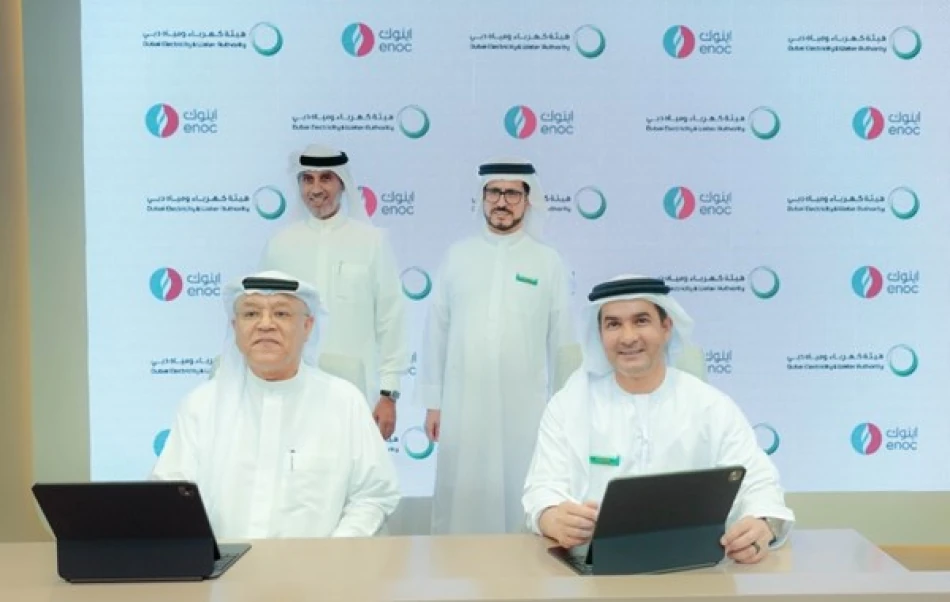
Dubai Electricity and ENOC Partner to Expand Electric Vehicle Fast-Charging Network
Dubai's electricity and water authority just signed a deal with ENOC Group to expand fast-charging stations for electric vehicles across ENOC's gas stations throughout the emirate. This move comes as Dubai sees rapid growth in electric vehicle adoption and works to build the infrastructure needed to support it.
The agreement was signed during the 27th Water, Energy, Technology and Environment Exhibition (WETEX 2025) at Dubai World Trade Centre. Saeed Mohammed Al Tayer, CEO of Dubai Electricity and Water Authority (DEWA), and Hussein Sultan Lootah, acting CEO of ENOC Group, attended the signing ceremony.
Al Tayer said the partnership supports Dubai's green mobility push through collaboration between government and private sectors. The goal is creating comprehensive charging infrastructure that cuts carbon emissions and helps Dubai meet its Clean Energy Strategy 2050 and Carbon Neutrality Strategy 2050 targets.
This expansion builds on DEWA's Green Charger Initiative, which launched in 2014 to support the growing number of electric vehicles on Dubai's roads. The timing makes sense - more people are buying electric cars, but they need convenient places to charge them.
For ENOC, this represents a smart business move. Gas stations are already positioned as refueling hubs, so adding electric charging capabilities keeps them relevant as the automotive industry shifts toward electric vehicles. Lootah emphasized that the partnership reinforces Dubai's position as a global sustainability and innovation center.
The deal reflects broader trends across the Gulf region, where governments are investing heavily in electric vehicle infrastructure as part of economic diversification efforts. Dubai has been particularly aggressive in this space, viewing green technology as both an environmental necessity and economic opportunity.
For investors and businesses in the region, this signals continued government commitment to the electric vehicle transition. It also shows how traditional energy companies are adapting their business models to stay competitive in a changing market.
Most Viewed News

 Layla Al Mansoori
Layla Al Mansoori






